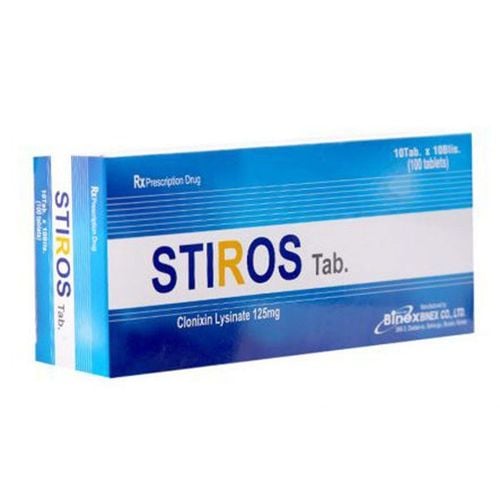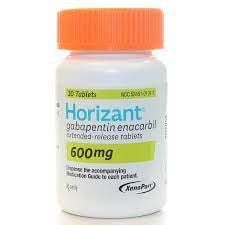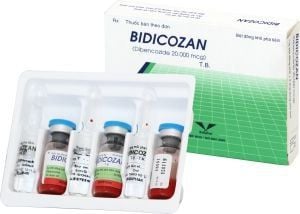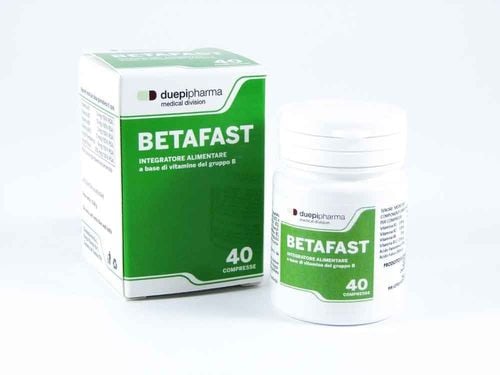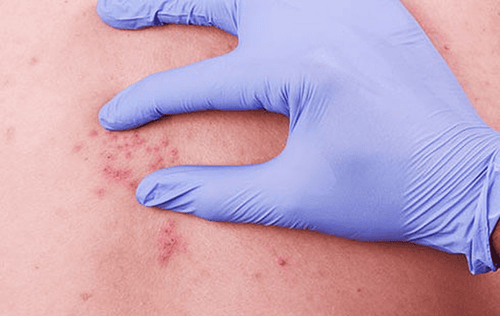This is an automatically translated article.
Shingles occurs in people with a history of chickenpox. After recovering from chickenpox, the virus hides in the nerve tissues near the spinal cord and brain, waiting when the immune system is weakened to trigger shingles.
1. What is shingles?
Shingles is a disease usually infected by someone who has had chickenpox before, mostly decades before. Both shingles and chickenpox are caused by the varicella zoster virus. Chickenpox causes blisters, which usually start on the back, chest, and face and then spread to other parts. Shingles is a painful rash that usually appears on one side of the body.
The rash turns into red, fluid-filled blisters. They usually dry out and scab over within 7 to 10 days.
2. Symptoms of shingles
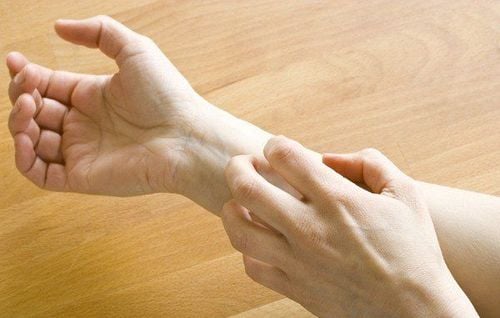
Ngứa là một dấu hiệu ban đầu của bệnh zona
Early signs of shingles include:
Fever, chills and headache Itching Raised dots on the skin and redness Dull or sudden pain Tingling in or under the skin Uncomfortable abdomen Accordingly, you should Go to the hospital when these symptoms appear. There is no way to cure shingles, but treatment can reduce the risk of complications such as pain that lasts long after the rash clears, also known as postherpetic neuralgia.
See also: Signs of shingles in children
3. Causes of shingles
Varicella zoster virus first enters the body and causes chickenpox. Not only children but also adults can get it.
After recovering from chickenpox, the virus moves into nerve tissue near the spinal cord and brain to stay. Sometimes the virus "wakes up" and travels along nerve fibers to the skin causing shingles, also known as herpes zoster.
4. Shingles Risk Factors
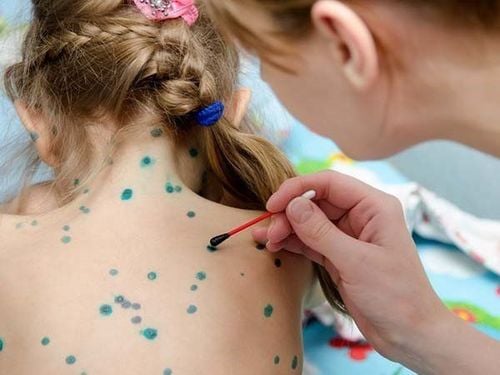
Sau khi bị thủy đậu nếu bạn dùng steroid lâu dài nguy cơ mắc bệnh zona cao hơn
A weakened immune system can cause the virus to become active again. After chickenpox, your risk of shingles is higher if you:
50 years old or older Are experiencing a lot of stress Have cancer, HIV, or another illness that lowers your immunity History of serious physical trauma Long-term use of steroids or other drugs that weaken the immune system However, many people with shingles don't match any of these risk factors.
5. Complications of shingles
Shingles can cause complications long after the rash clears, including:
Encephalitis or facial paralysis if the nerves are affected Eye problems and vision loss if the rash is in or around the eyes Postherpetic neuralgia, which affects 1 in 5 people with shingles.
6. Is shingles contagious?
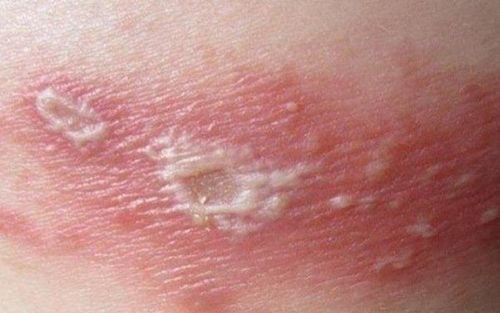
Bệnh zona có khả năng lây lan khi các vết loét chưa đóng vảy
Shingles has the potential to spread in the community, from sick people to people who have never had chickenpox and have not been vaccinated. Only after the sore has crusted over is the virus no longer able to spread. Therefore, during the course of the disease, you should avoid contact with pregnant women, infants and people with weakened immune systems.
7. Shingles Vaccine
FDA has approved two shingles vaccines, Shingrix and Zostavax. Shingrix is newer and more popular than Zostavax because it is more than 90% effective in preventing disease. The CDC recommends that people age 50 and older get the Shingrix vaccine, even if they have had shingles before. Young people should also be vaccinated even if they have had the Zostavax vaccine.
8. Diagnosis of Shingles
Diagnose shingles by asking about your medical history, symptoms, and physical examination. Bacteriological testing may also be ordered by taking a specimen at the site of the blister.9. Shingles Treatment
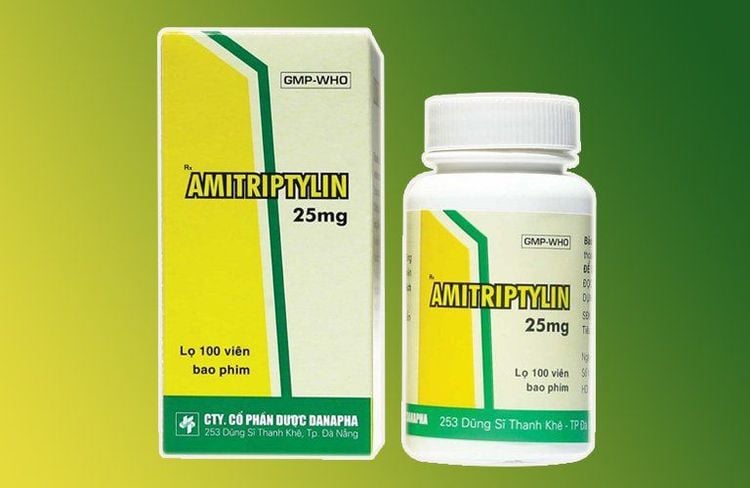
Thuốc amitriptyline giúp giảm đau do zona
Antiviral drugs help heal faster and reduce the risk of complications. It is most effective when taken within 3 days of the rash's onset, so see your doctor as soon as possible. One of the following three drugs may be prescribed to fight the virus depending on the condition:
Acyclovir (Zovirax) Famciclovir (Famvir) Valacyclovir (Valtrex) Remedies for shingles pain may include:
Anticonvulsants Seizures such as gabapentin (Neurontin) Antidepressants such as amitriptyline Oatmeal baths Cold packs Lotions Numbing agents such as lidocaine Over-the-counter medicines such as acetaminophen or ibuprofen Prescription pain relievers such as codeine The shingles virus can leave a lot behind dangerous complications if not diagnosed and treated promptly. Therefore, when having the above symptoms of shingles, the patient should go to the medical center for examination, testing and indication for treatment and vaccination when necessary, to avoid dangerous complications that may occur.
With many years of experience in the examination and treatment of diseases, today, Vinmec International General Hospital has become one of the major health care centers, capable of examining, screening and treating treat many serious diseases. Besides, in order to improve service quality, Vinmec also deploys varicella vaccination service. All vaccines at Vinmec are imported, have clear origin and are preserved in GSP environment, keeping the best vaccine quality.
Customers can go to Vinmec International General Hospital for examination and service use.
Please dial HOTLINE for more information or register for an appointment HERE. Download MyVinmec app to make appointments faster and to manage your bookings easily.
Reference source: webmd.com




